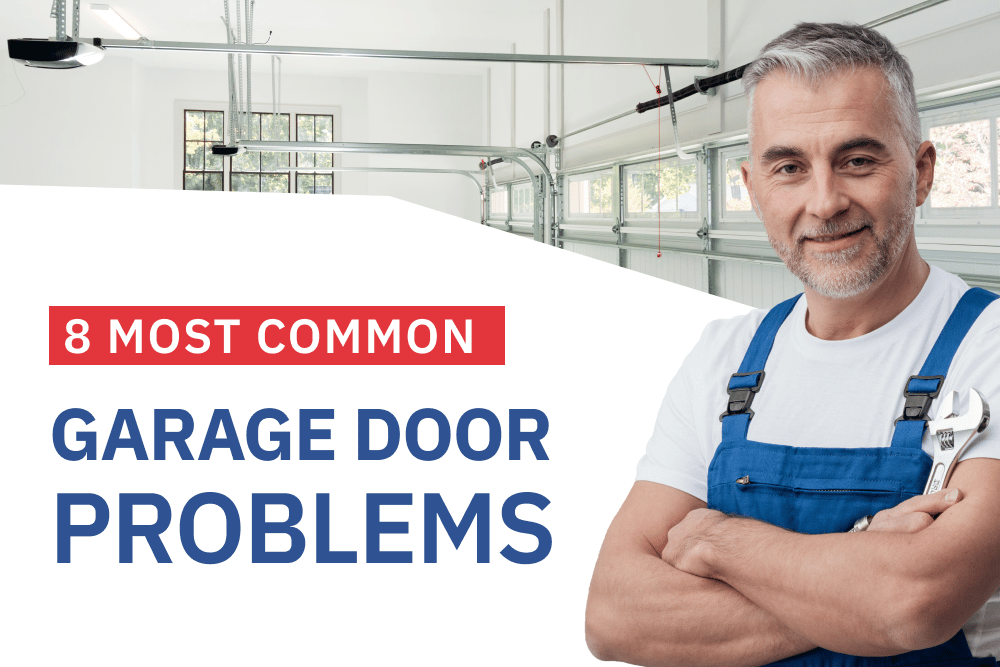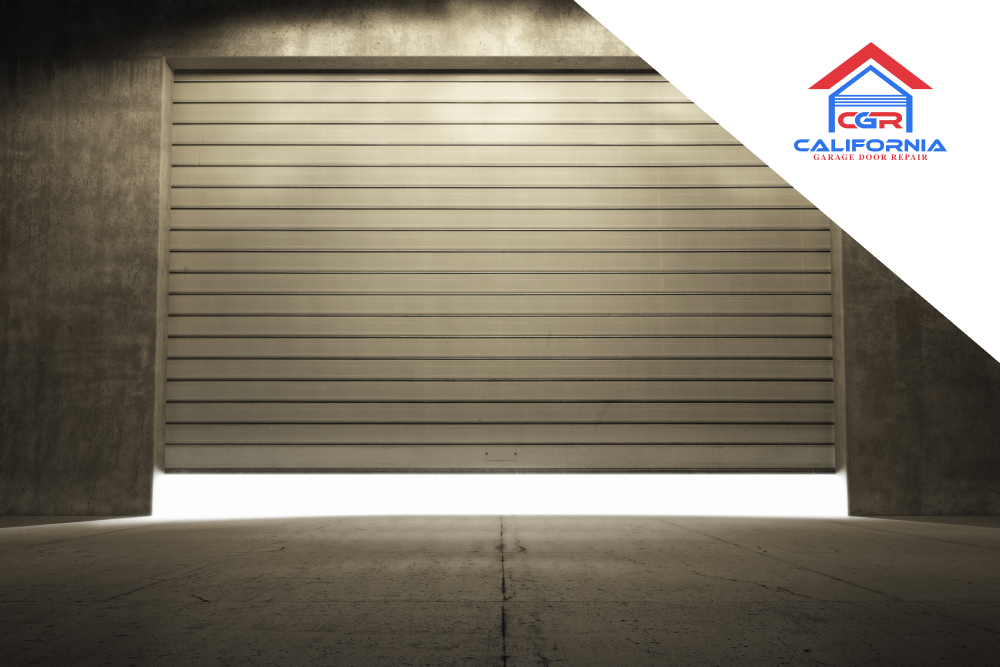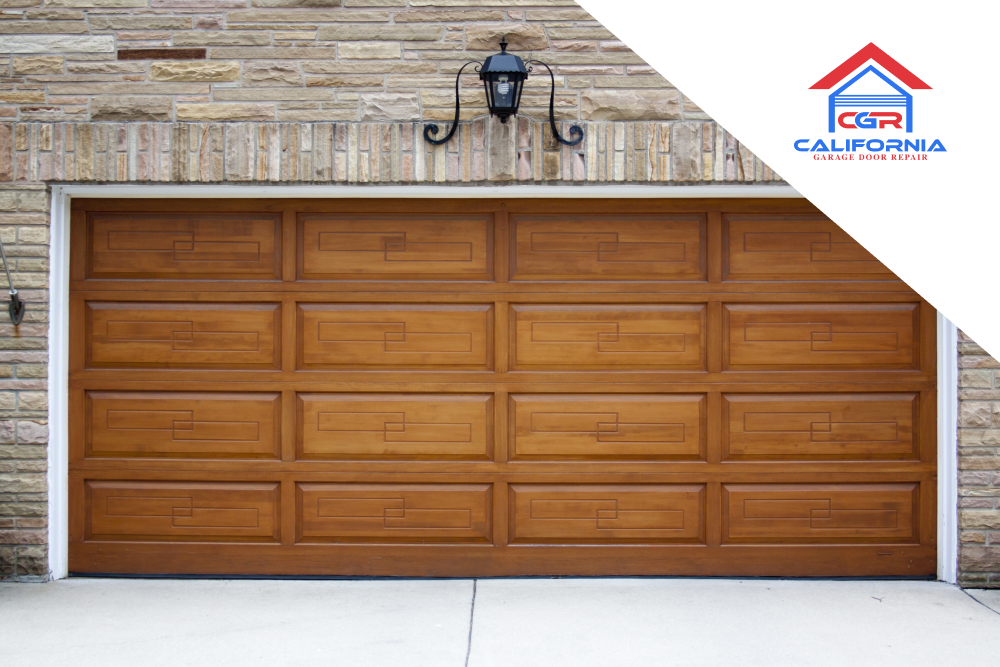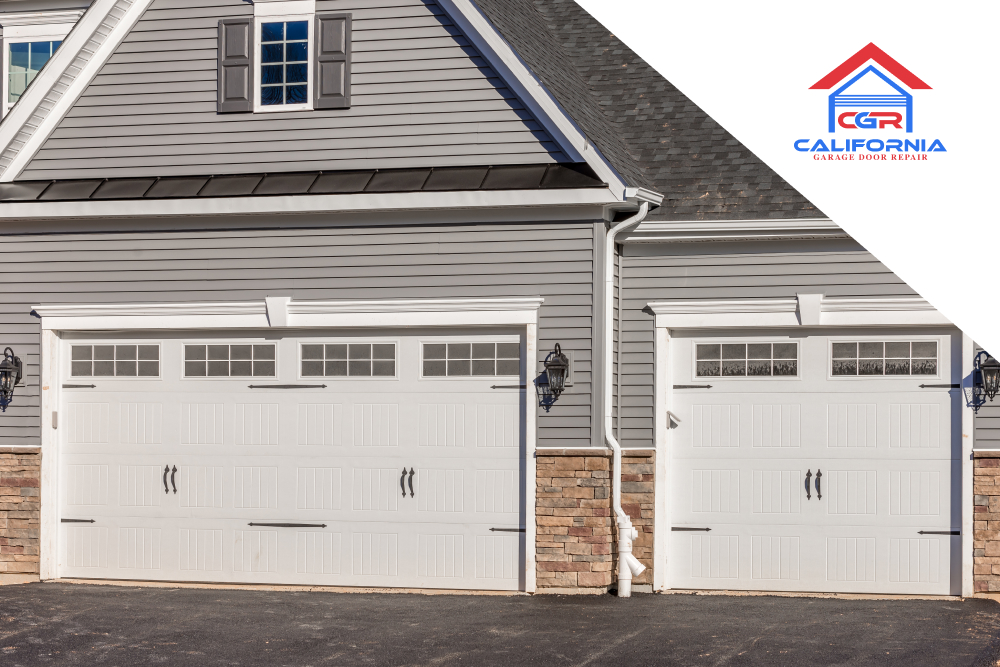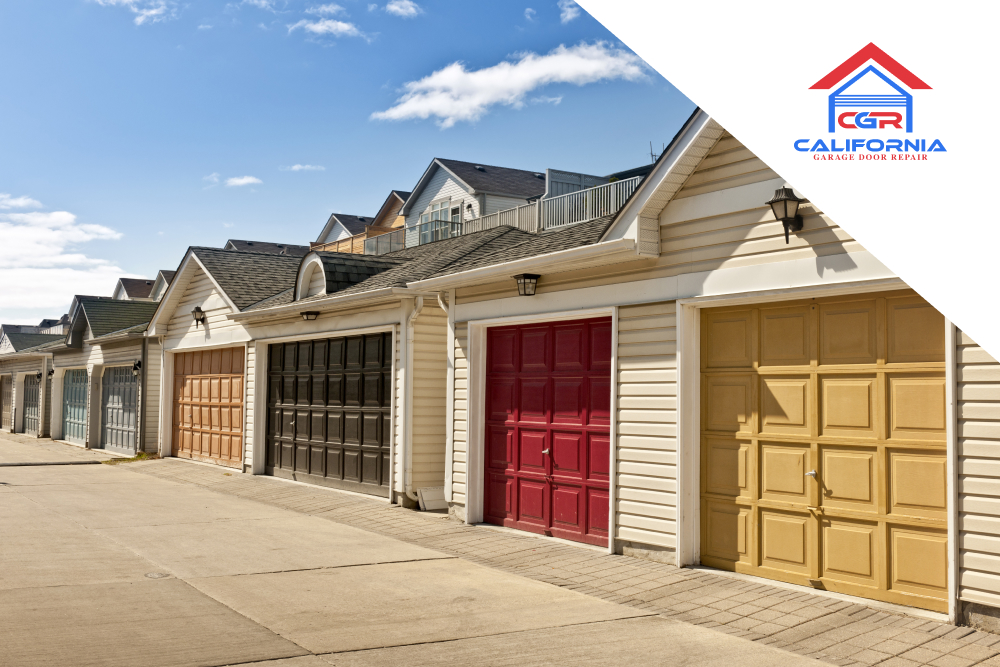Your garage door does a lot of heavy lifting. On average, it opens and closes 1,500+ times per year, so garage door problems are quite inevitable.
Moreover, regular use also means constant exposure to wear and tear. Pair that with harsh outdoor elements and your garage door will surely need repair in no time.
Here at California Garage Door Repair, we’ve seen almost every garage door issue imaginable. The following are the most common problems we encounter.
1. Malfunctioning sensors
A garage door sensor problem may cause sudden opening or closing. It will also make the remote controller unusable.
The most common reason here is dirty sensors. Simply dusting off the lens can fix the issue immediately.
However, if this didn’t work, you should check for the opener’s power supply. Inspect if the indicator lights are green, which means it’s connected to a power source. If both the lights are off, it means that the sensors are disconnected from power and not running.
The worst-case scenario is a broken photo eye sensor. In this case, you have to get a replacement right away to ensure that your garage door is functioning properly.
Take note that you should never put off repairs on your garage door sensor. It’s a matter of safety for you, your kids, and even your pets.
2. Worn-out rollers
Garage door rollers are subjected to intense wear and tear. As it rides through the tracks, it will accumulate damage over the years.
On average, durable rollers can last for up to 10,000 cycles or roughly 10 years. However, cheaper ones will start to become worn out just a few years after the installation.
Worn-out rollers will cause unusual noise during operation. It will also result in garage door misalignment when opening or closing. Also, you’ll notice excessive vibrations, which will interfere with how smoothly the door operates.
Over time, damaged rollers can cause the garage door to get stuck or even jump out of the tracks.
The good news is that garage door rollers are the easiest and most affordable part to replace. Depending on the frequency of use, you may need roller replacements every 5 to 7 years.
3. Noisy operation
Well-maintained garage doors should only have a low humming sound when operated. Any loud clunking, scratching, or rumbling noise can indicate an underlying problem.
Nevertheless, you should know that this is one of the common problems with Genie garage door openers. Their older screw drive models are substantially louder than their counterparts even in perfect conditions.
Still, it’s best to call a garage door repair expert if your door makes unusual sounds. For example, a popping sound might mean that the torsion spring needs to be adjusted. Meanwhile, a rattling noise may indicate issues with the fasteners.
Overall, unusual garage door sounds translate to unnecessary wear and tear. If the root cause is not fixed, it can lead to premature damage to your garage door.
4. Unintended operation
Unintended operation is fairly common, especially with automatic garage door types. It won’t just startle you; it will also put you in harm’s way.
Dirty sensors and compromised wiring can be the culprits here. A power surge can also mess with your garage door’s control board, leading to unintentional operation.
However, you should also check the possibility that your neighbor’s garage door might be triggering the issue. Old garage doors made before 1993 use positioning clips programmed with a code. If your neighbor’s garage door has the same code as you, it might be the root of the problem.
To fix this, you can reposition the clips or consider upgrading to a newer garage door.
5. Uneven movement
Uneven movements are usually due to garage door limit switch problems. In some cases, the garage door won’t operate all the way. The door may also open immediately after touching the ground.
On the other hand, it’s also possible that the torsion spring has problems. This can make one side of the garage door lopsided or saggy when operating.
An unbalanced garage door will cause other components to wear out fast. It will cause your garage door to break down and require professional servicing.
Also, lopsided garage doors must be repaired immediately. It’s a safety issue, especially if the reason is worn-out door springs that can snap anytime.
6. Very slow operation
Dirty rollers can cause a very slow garage door operation. In this case, cleaning and lubricating the tracks can fix the problem. However, if the cause is damaged or worn-out rollers, replacements will be needed.
But before you jump to conclusions, it’s best to check the speed setting of your garage door opener. It’s possible that it’s set on a slow speed. Simply choose the setting that you prefer and see if this will fix the problem.
Overall, your entire garage door system uses a series of springs, pulleys, gears, and tracks. If any of these components become damaged, your garage door’s operation will be hampered.
It’s best to call a professional garage door repair expert to have it inspected. This way, you will get accurate results in the fastest turnaround time possible.
7. Broken cables
Garage door cables play a crucial role in their smooth and proper movement. If any of the cables break or become loose, the garage door will malfunction.
On average, a garage door cable can last for up to 10 years. High-quality and rarely used ones can be serviceable for up to 15 years or so. But overall, the cable’s lifespan depends on the extent of use, environment, and manner of installation.
Take note that you should never run a garage door with broken cables. This is a recipe for disaster, especially if you have young children.
It’s also advisable to inspect your garage door cables regularly. This way, you can spot signs of damage before it even causes problems or accidents.
8. Running motor, but no door movement
A running motor with no movement is often mistaken for garage door opener antenna problems. However, the fact that your opener is receiving the signal means that this is unlikely the issue.
You may have to tweak the door limit switch, so the motor won’t keep running even after the movement is done.
However, if your garage door isn’t budging at all, it’s best to check the power source. If all indicator lights are off, it means that the opener is disconnected from the power source.
It’s also possible that the gear or chain has been damaged. The emergency release can be jammed as well, which prevents the garage door from moving. All of these can pose safety threats to you and the people around the garage door.
Summary
Garage door problems are common and most are easy to fix with the help of an expert. If you’re experiencing any of the problems mentioned above, don’t hesitate to call California Garage Door Repair.
Whether it’s Genie, Liftmaster, Craftsman, Linear, or Chamberlain garage door opener problems, we can fix it for you. We are fully equipped and experienced to repair all garage door makes and models.
Professional garage door repairs offer accurate and safe solutions to your garage door problems. Instead of doing temporary DIY fixes, you can call us for the right solution. We will take the guesswork and hassle out of your garage door problems.
